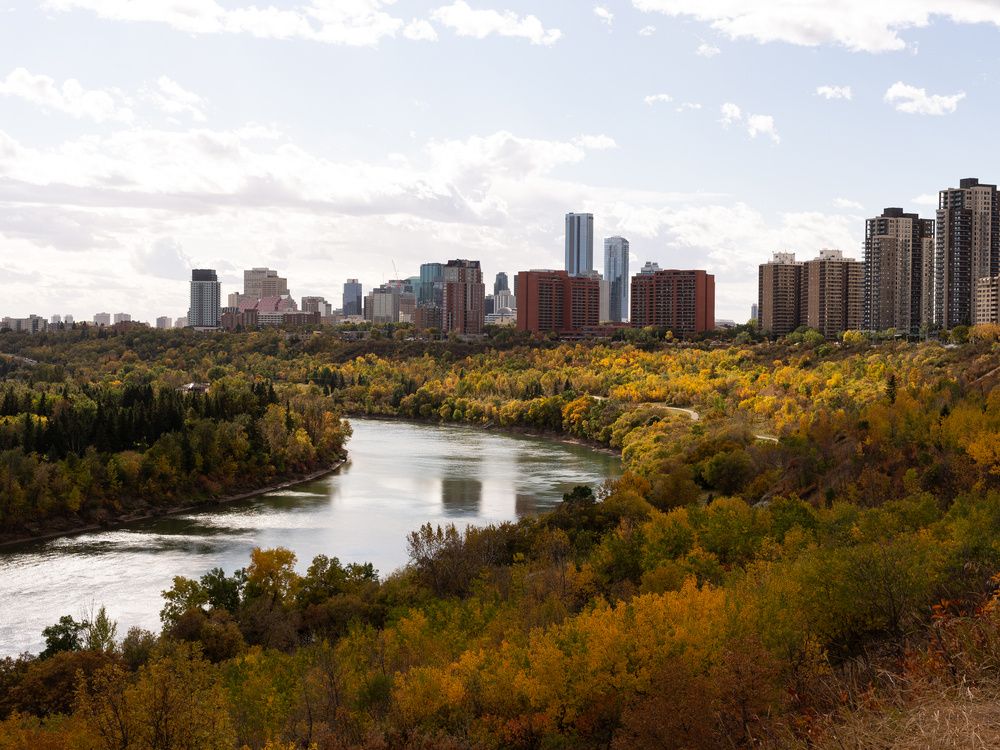occidentalcapital
Senior Member
snippy remarks add nothing to quality discussions.... odd hey...
snippy remarks add nothing to quality discussions.... odd hey...
Didn’t they have issues with the landlord who didn’t want to apply for federal rent relief during Covid-19? The landlord said it would leave them exposed somehow.Parking complaints and please put it out my front door, yes. But they would not have left if there were more customers and foot traffic in that location as it is an underserved market with 'density'... odd hey...


Probably not until the shift away from Greenfield is fully realized and infill demand is drive up. I imagine another 10 years for that to happen unfortunately.Pricing leads to this given that 'urban/condo' living is a choice, not a requirement given the exorbitant costs of other types of housing in other cities; that's not a bad thing in many ways, but when do we cross that threshold????
Let's try to keep it a "choice" -- we don't need a Toronto or a Vancouver "experience".
Let's try to keep it a "choice" -- we don't need a Toronto or a Vancouver "experience".
It's a nice sentiment, and there is absolutely merit to it. However limiting such things only in Edmonton just leads to surrounding communities and counties picking up the lack of supply. Without a regional solution, there is risk of the policy being highly ineffective in its goals.I mean as long as it’s economically viable. I am surprised nobody has proposed greenfield development on so far as the city hits certain metrics for population per sq km as an example. The problem is that it’s getting extremely expensive to manage and maintain all the muni infrastructure as we grow out.
Though I never want Edmontonians to experience what we experience over here, I think the city needs to make sure it can afford limitless growth by making sure we have enough business and population to justify all the future costs of that single family dream.
That’s a good point. It warrants discussion amongst the different municipalities though as sustainable growth is beneficial to everyone. It would lead to more control over infrastructure costs, it would stabilize and increase housing prices and give people more access to equity (economic merits and tax merits), and it would help protect precious agricultural land surrounding the city. So there’s social, economic, and environment benefits to the idea of restricting growth based on such metrics.It's a nice sentiment, and there is absolutely merit to it. However limiting such things only in Edmonton just leads to surrounding communities and counties picking up the lack of supply. Without a regional solution, there is risk of the policy being highly ineffective in its goals.
You've never been to Latin America, have you?Also side note. I just travelled to Detroit. Accidentally ended up in the ghetto and of all the places I’ve ever been and I’ve been to some sketchy places in the world, I’ve never seen urban decay like THAT.
It’s such a shame and sad to see. But there are some valuable lessons to be had about industries fleeing the city, people leaving the city for jobs and cheaper safer living, and the value of diversifying the economy. I won’t ever look at urban development the same way ever again after that experience.




